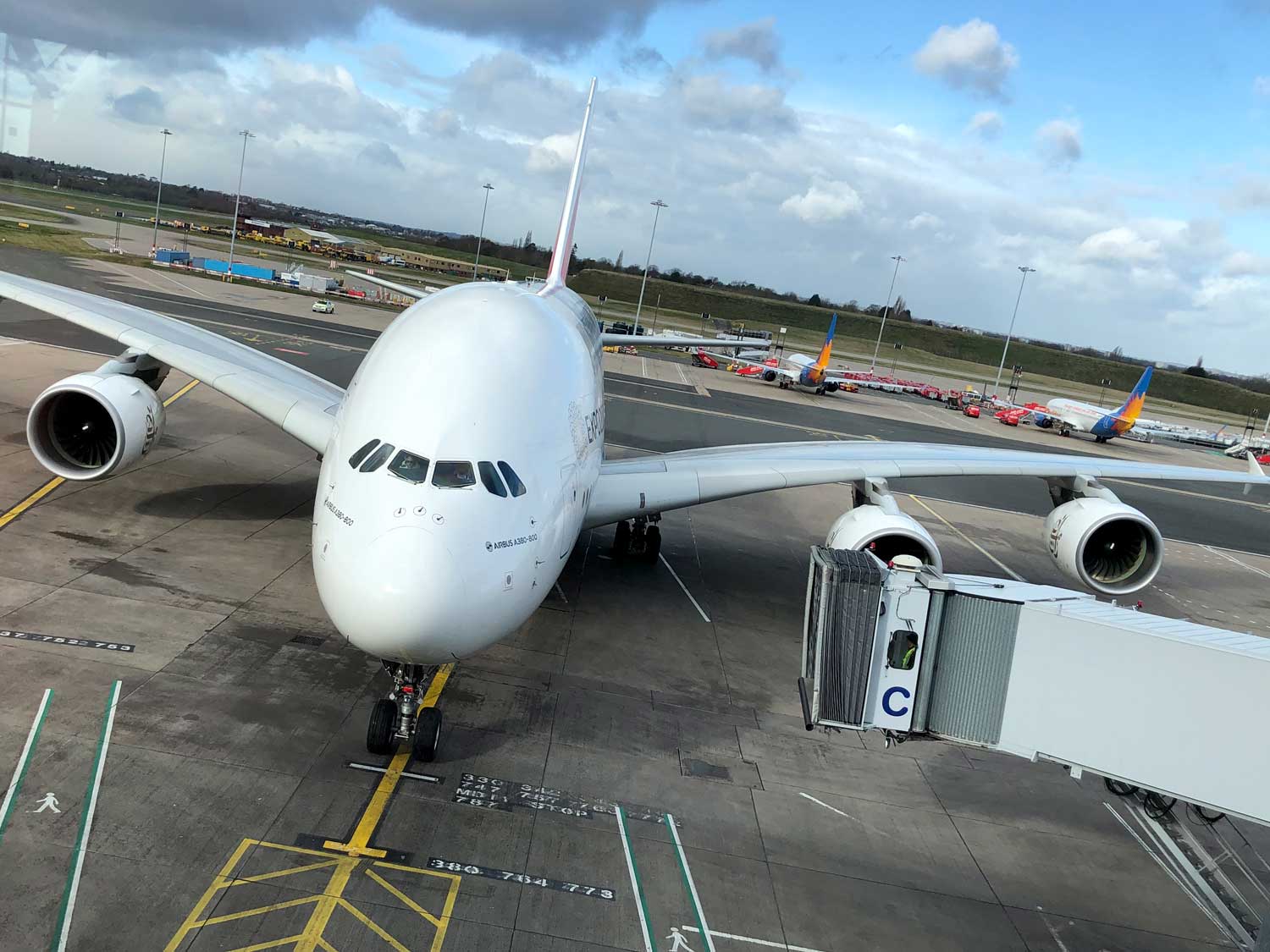Five years on from the Trade and Cooperation Agreement (TCA) and with the 2026 review fast approaching, the UK and EU have a chance to move beyond firefighting and design a trading relationship that works in today’s economy.
A new Parliamentary report from the Chartered Institute of Export & International Trade sets out a practical roadmap to turn trade friction into advantage, by prioritising digital connectivity, trusted cooperation and real-world fixes for businesses, especially SMEs.
Exports in services have grown, but goods trade, and particularly for smaller exporters, still hits too many barriers. The Institute proposes a coherent package of measures that reduces cost and complexity at the border, unlocks mobility and skills, and aligns climate and industrial policies so supply chains can invest with confidence.
h4b>The Institute’s eight recommendations
1) Streamline borders and customs
- Build interoperable UK–EU digital trade corridors to remove duplication and delays.
- Create a Common Security Zone to simplify newer safety and security requirements.
- Align the UK’s Trade Strategy with the EU Customs Reform programme to deliver a seamless user experience.
2) Make SPS trade predictable
- Implement the Common Sanitary and Phytosanitary (SPS) Area via a joint SPS committee (as trailed at the 2025 summit).
- Work directly with industry to fix recurring pain points in food, plant and animal movements.
3) Modernise rules of origin
- Simplify and harmonise product-specific rules in the TCA.
- Enable diagonal cumulation with shared FTA partners.
- Consider UK participation in the Pan-Euro-Mediterranean (PEM) Convention to increase sourcing flexibility.
4) Deepen regulatory cooperation
- Use outcome-based equivalence and dynamic alignment where it matters most.
- Strike targeted “side deals”, including mutual recognition for conformity assessment, and collaborate on emerging areas such as AI and digital trade.
5) Link carbon and energy frameworks
- Link UK and EU emissions trading schemes and align CBAM approaches.
- Broaden energy cooperation to support secure, affordable decarbonisation.
6) Back Northern Ireland’s dual-market role
- Build on the Windsor Framework to deepen trade, energy and mobility links.
- Position Northern Ireland as a practical model of friction-reduction that benefits both sides.
7) Enable skills and mobility
- Launch a reciprocal youth mobility scheme and explore re-entry to Erasmus+.
- Accelerate mutual recognition of professional qualifications in high-impact sectors.
8) Align industrial and digital policy
- Establish a UK–EU Industrial Cooperation Council to coordinate investment, innovation and regulation.
- Add a dedicated digital trade chapter to future-proof the partnership.
The last five years have shown that technical workarounds are not enough. SMEs need consistent rules, fewer duplicative checks and clearer pathways. By sequencing border simplification, SPS certainty and origin reform, policymakers can cut costs quickly while building a platform for long-term competitiveness.
What success would look like
- Lower cost-to-export for SMEs through simplified formalities and interoperable systems.
- Faster, more predictable food flows via an SPS framework that solves problems at source.
- More resilient supply chains thanks to compatible rules and modernised origin provisions.
- A digital-ready TCA that reflects how firms actually trade in 2026 and beyond.
From rules-of-origin compliance to fast-changing customs requirements, our experts deliver integrated and automated solutions that simplify compliance, cut costs and keep your trade moving.
To learn about our automated CuDoS platform and how we can help you navigate the evolving UK–EU trade environment with confidence, please EMAIL our Managing Director Andrew Smith today.





